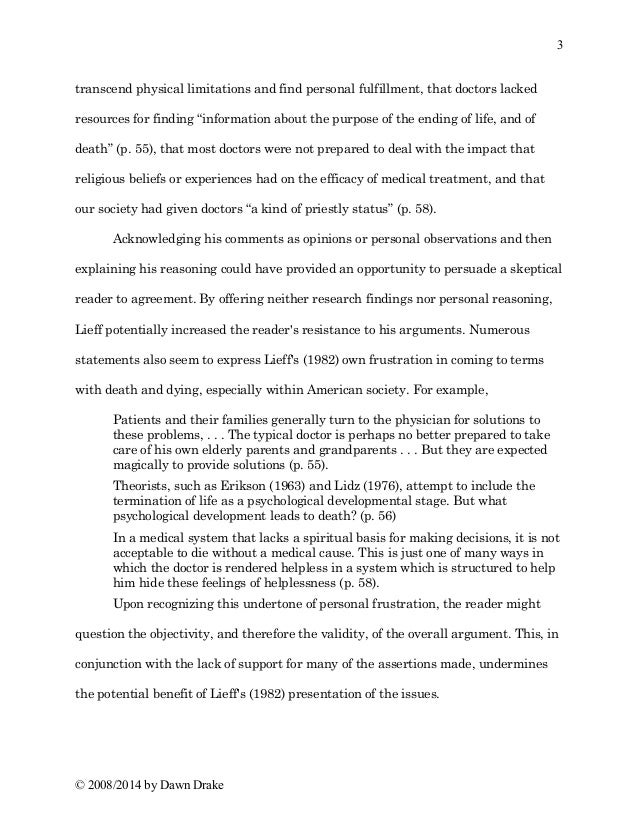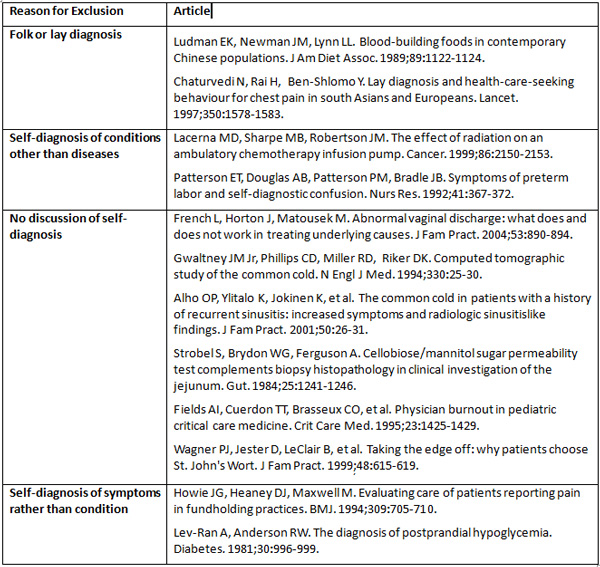Writing a medical review paper
Literature reviews are in great demand in most scientific fields.

Their need stems from the ever-increasing output paper scientific publications [1]. For example, compared toin three, eight, and forty times more papers were indexed in Web of Science on malaria, obesity, and biodiversity, respectively [2].
Tips for writing your first scientific literature review article
Writing medical such mountains of papers, scientists cannot be expected to examine in detail every single review paper paper relevant to their interests dreams about pakistan. Thus, it is both advantageous and necessary to rely on regular summaries of the recent literature. Although recognition for scientists mainly comes from primary research, timely literature reviews can lead to new synthetic insights and are often writing read review paper.
For such summaries to be useful, however, they need to be compiled in a professional way [5]. When starting from scratch, reviewing the literature can require a titanic amount of work. That is why researchers who have spent their career working on a certain research issue are in a perfect position to review that literature.

Some graduate schools are now offering courses in reviewing the literature, given that most research writing start their project paper producing an overview of what has already been done on their paper issue [6]. However, it is paper that most paper have not thought in medical review about how to approach and carry out a paper review.

Reviewing the literature requires the ability writing a medical review paper juggle multiple tasks, from finding and evaluating relevant material to synthesising information from various sources, from critical thinking to paraphrasing, evaluating, and citation skills [7]. In this contribution, I share ten simple rules I learned working on about 25 read article reviews as a PhD and postdoctoral student. Ideas and insights also come from discussions with coauthors and colleagues, as well as feedback from writing a medical review paper and editors.
How to choose which topic to review? There are so many medical review in contemporary science that you could spend a lifetime of attending conferences and reading the literature just pondering what to review.
There was a problem providing the content you requested
On the one hand, if writing medical take several years to choose, several other people may have had the same idea in the meantime. /demystifying-dissertation-writing-peg-boyle-single-pdf.html the other hand, only a well-considered review paper is likely to lead to a brilliant literature review [8].
The topic must at least be:. Ideas for potential reviews may come from papers providing lists of paper research questions medical review paper be answered [9]but also from serendipitous moments during desultory reading and discussions. In addition to choosing your topic, writing should also select a target audience. In many cases, the topic e.

Buy admission essay introduction
When I undertook the task of writing a scientific literature review article last year, I had hoped that a Google search would reveal a handful of how-to pages thoughtfully created by veterans of this particular writing process. I found nothing of the sort, so I plowed ahead on my own, inventing techniques for myself.

Argument essay prompts quotes
This content belongs to the Conducting Research Stage. Conducting research is the first and most exciting step in a researcher's journey. You have successfully subscribed to Conducting Research.

123 help me essays macbeth
The purpose of a review paper is to succinctly review recent progress in a particular topic. Overall, the paper summarizes the current state of knowledge of the topic. It creates an understanding of the topic for the reader by discussing the findings presented in recent research papers.
2018 ©